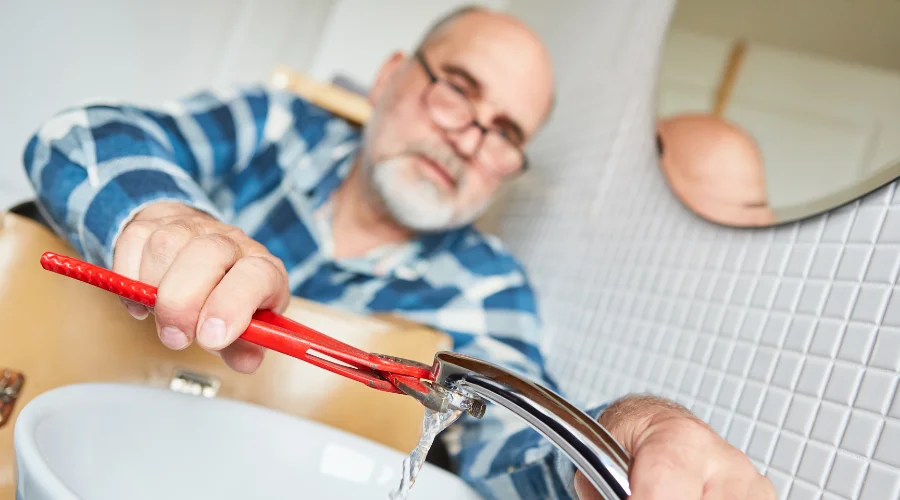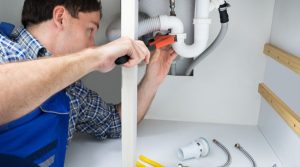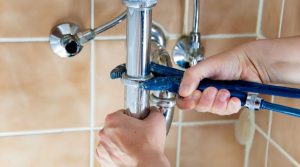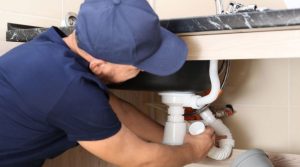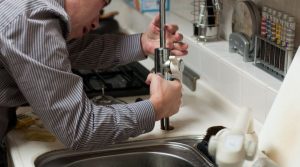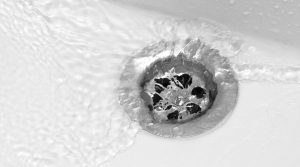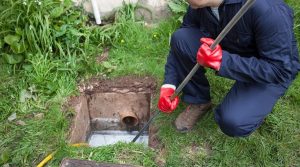Saving water isn’t just good for your wallet—it’s a critical step toward protecting the environment. By adopting simple, effective habits, you can conserve water, reduce energy consumption, and create a sustainable home for future generations.
Key Takeaways
- Fix Water Leaks: A single drip can waste gallons annually; fix leaks promptly.
- Install Water-Efficient Fixtures: Low-flow faucets, toilets, and showerheads save water without compromising performance.
- Upgrade Appliances: Choose energy- and water-efficient dishwashers and washing machines to reduce consumption.
- Optimize HVAC Systems: Efficient heating and cooling systems save both water and energy.
- Garden Smarter: Use rainwater, drip systems, and native plants to minimize outdoor water use.
- Daily Habits Matter: Simple changes, like turning off taps or shortening showers, make a significant impact.
- Embrace Smart Tech: Water meters and aerators help track and manage water usage efficiently.
Key Strategies for Going Greener at Home
Fix Water Leaks
Leaks might seem small, but they can waste hundreds of gallons yearly.
- Impact: Preventing leaks saves water and reduces utility bills.
- Pro Tip: Schedule routine plumbing inspections to identify hidden leaks early.
Install Water-Efficient Fixtures
Upgrade to fixtures like low-flow toilets and faucets.
- Impact: Reduce water usage by up to 50% in key areas like the bathroom and kitchen.
- Pro Tip: Look for products with the EPA’s WaterSense label for guaranteed efficiency.
Upgrade to Energy-Efficient Appliances
Invest in modern dishwashers and washing machines that use less water per cycle.
- Impact: Save water and energy simultaneously, lowering household expenses.
- Pro Tip: Choose ENERGY STAR-rated appliances for maximum efficiency.
Optimize Heating and Cooling Systems
Regularly service HVAC systems to ensure efficient water use.
- Impact: Conserve water while improving energy efficiency.
- Pro Tip: Upgrade to systems designed for minimal water consumption.
Conserve Water in the Garden
Gardens can consume a lot of water, but with innovative techniques, you can cut back.
- Rainwater Harvesting: Use collected rainwater for irrigation.
- Drip Irrigation Systems: Water should be sent straight to plant roots. to minimize waste.
- Native Plants: Opt for drought-resistant plants that thrive in your local climate.
Adopt Water-Saving Daily Habits
Easy adjustments to everyday schedules can have a significant difference.
- Turn Off Taps: While doing the dishes or brushing your teeth, turn off the water.
- Shorten Showers: Cut shower times to save gallons of water daily.
- Pro Tip: Install a timer in your bathroom to encourage shorter showers.
Embracing Technology for Conservation
Smart Water Meters
- Monitor usage and detect anomalies like leaks.
- Provide insights for behavior adjustment.
- Impact: Increased awareness leads to reduced consumption.
Aerators and Flow Restrictors
- Reduce water flow without impacting pressure.
- Impact: Saves water in everyday activities, from washing hands to cooking.
The Importance of Water and Energy Conservation
Protecting water and energy resources isn’t just an individual responsibility—it’s essential for our planet’s survival. Here’s why:
- Preserves Resources: Ensures availability for future generations.
- Reduces Pollution: Minimizes energy use associated with water treatment and delivery.
- Supports Ecosystems: Keeps waterways clean and thriving.
How You Can Make a Difference
Every small step counts. By adopting eco-friendly practices and spreading awareness, individuals can collectively create a significant impact. Consider the following:
- Advocate for sustainable living in your community.
- Share tips with friends and family to inspire action.
- Make mindful purchasing decisions to support eco-conscious brands.
FAQs on Eco-Friendly Water Conservation
Q1: What is an eco-friendly practice to conserve water?
Eco-friendly water conservation means adopting habits and tools to minimize water wastage. This includes installing efficient fixtures, repairing leaks promptly, and using water consciously in daily activities like cooking, cleaning, and gardening.
Q2: How does saving water protect the environment?
Reducing water use helps preserve natural resources, minimizes energy required for water treatment, and reduces pollution. It ensures that clean water remains available for future generations while supporting a healthier planet.
Q3: Which fixtures save the most water?
Low-flow faucets, aerators, dual-flush toilets, and efficient showerheads significantly reduce water usage without compromising performance. These tools are affordable and easy to install.
Q4: How can innovative technology help with water conservation?
Smart water meters and sensors monitor usage, detect leaks, and provide real-time data, allowing homeowners to adjust their habits effectively. These tools empower users to track and optimize water use.
Summary
Water conservation is a cornerstone of eco-friendly living. From fixing leaks to upgrading appliances, adopting sustainable practices helps reduce your carbon footprint, protect natural resources, and ensure a healthier planet. By integrating these habits into daily life, you become a crucial part of the solution, paving the way for a sustainable future.
Let’s work together to create a greener, water-efficient world—starting at home. Visit BJC-Plumber Jersey City for more insights and solutions to make your home eco-friendly.

